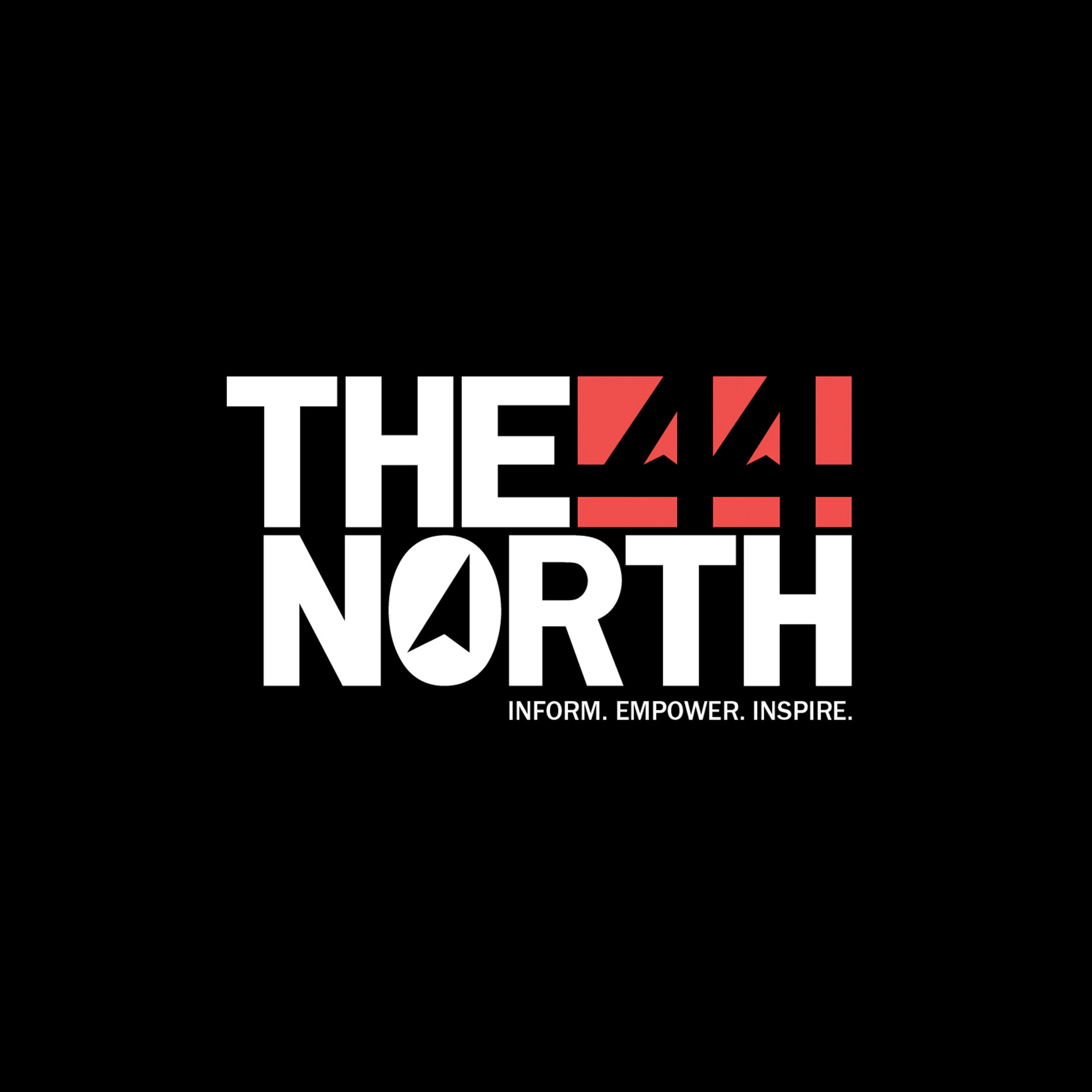- Abbigale Kernya

- Dec 8, 2025
- 4 min read
By Abbigale Kernya for The 44 North
Managing Editor

“I love everything about my home here on Vancouver Island, but no matter how many peppermint candles I light or ornaments I collect for my future family, I am still waiting for the unfamiliar sense of grief to make room for my holiday in my new life. It can be hard to start your own traditions away from your family, knowing that while you are crafting holiday magic of your own, there is also a missing piece where you used to stand. That is the sort of grief I’m feeling this holiday: the guilt of growing up and the understanding that everything is going to be different now.”
This is my first Christmas away from home.
Not away as in university or somewhere thirty minutes away, trying to make a landlord's special house a home. I mean away as in 4,000 kilometres away. I love everything about British Columbia and my little life on the island. I love the misty mornings as the night’s rain rolls off the mountains and the lizards under my feet and the weather that never really gets that cold. Not like the cold back home. Not like anything I’m used to back home, really.
It’s a strange feeling to call this place home when it’s so unfamiliar to everything I’ve ever come to recognize these past twenty-two years. It’s even stranger to put up my Charlie-Brown-tree in my one-bedroom apartment, knowing that somewhere along those kilometres between me and home, family traditions aren’t interrupted by someone’s absence. For me, being that someone comes with a different sort of winter blues.
I love everything about my home here on Vancouver Island, but no matter how many peppermint candles I light or ornaments I collect for my future family, I am still waiting for the unfamiliar sense of grief to make room for my holiday in my new life. It can be hard to start your own traditions away from your family, knowing that while you are crafting holiday magic of your own, there is also a missing piece where you used to stand. That is the sort of grief I’m feeling this holiday: the guilt of growing up and the understanding that everything is going to be different now.
The most important part of going through the motions that come with spending holidays away from family is that it is okay for things to be different—it would be strange if they weren’t! In this stage of adulthood, I find myself standing in the doorway of understanding that part of life is to start your own, while holding gratitude close to your chest for the memories and celebrations that got you to where you are now.
Alternatively, I imagine my parents at twenty-two (also living on this island away from home), beginning their lives separate from their families. I imagine my mother excited and scared and maybe a little sad to be so far away during our favourite time of the year, but grinning like a Cheshire Cat at all of the unpaved paths lying ahead (to us!).
Coming up on six months of living here, I get asked a lot what it feels like to be living across the country from everyone and everything I called home. The usual “how are you doing?” or “Does it get lonely?” or even, “You can always come home.”
While those questions can be tackled with equal parts excitement and fear at any given point in the year, I think the holidays set the table with a different set of emotions—one that definitely isn’t helped by the 4 PM sunset and bitter, wet weather clouding the otherwise natural serotonin our bodies need to think clearly. In this sense, yes, I am feeling lonely.
And that is okay.
It’s normal to feel lonely, it’s normal to feel guilty, and it’s normal to miss your family and friends a little extra this holiday season. While holding the grief—and perhaps even a little guilt—in your hands, it’s important to recognize there is nothing selfish about whatever adventure you are on that takes you away from wherever it is you call home. At the end of the day, the holidays aren’t specific to one place. The things that bring us joy in this season (connection, giving, family, etc.) can be found anywhere. Just because you may not be there physically, doesn’t mean you are any less deserving of celebration or holiday joy.
We create the magic in this season—not big box stores and not fancy wrapping paper or Black Friday shopping, but humans coming together to make this holiday as special as it is.
So yes, I know it’s hard to not be there (physically at least!).
That said, remember that you exist in a time where it is lightning-fast and easy to hop on the phone, hop on FaceTime, or send a postcard in the mail that arrives the next day. If coming together is what you miss, either the familiar baking traditions or holiday eve movie marathon, nothing is stopping you from filling your new home with the warm aroma of nostalgia to celebrate together, even if not together in the way you wish.
And remember, everything is always a plane, train, bus, or car ride away.



